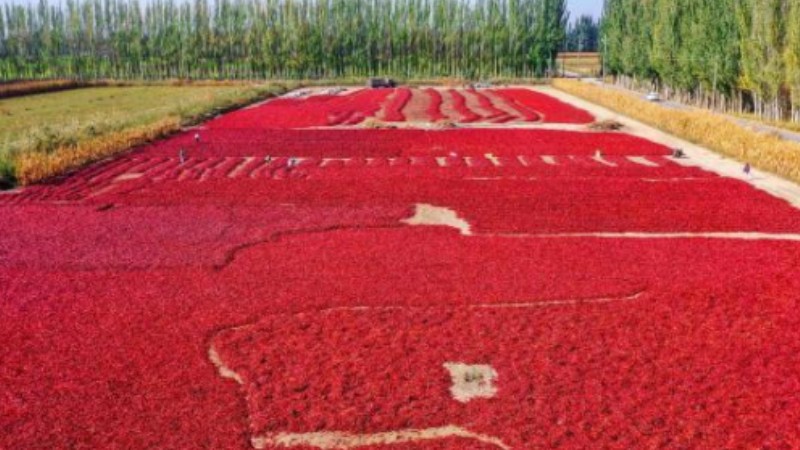Pakistani student in Tianjin dedicated to BRI cause

Moaaz Awan (L) works at the Karot Hydropower Plant in Pakistan's eastern Punjab province in May 2023. (Xinhua)
TIANJIN, Oct. 21 (Xinhua) -- Moaaz Awan, a 30-year-old Pakistani Ph.D. student at Tianjin University, was very excited after hearing a major event was held in Beijing to mark international cooperation under the Belt and Road Initiative (BRI).
The third Belt and Road Forum for International Cooperation, held from Tuesday to Wednesday, was attended by representatives of 151 countries and 41 international organizations.
For Awan, the forum represented a great opportunity to further promote the high-quality development of the Belt and Road Initiative between China and Pakistan.
Awan's family has a longstanding connection with China. Both his grandfather and his father studied and worked in China.
"When I was young, I lived in China with my father for a while, and so I have deep feelings for the country," Awan said.
After graduating from high school, Awan chose to study in China. During this period, China proposed jointly building the Silk Road Economic Belt and the 21st Century Maritime Silk Road, a significant initiative that had a big impact on his life path.
"I was immediately attracted to this concept and made up my mind to participate in this cause," Awan said.
In pursuing first his master's and now his doctoral degree in the School of Civil Engineering at Tianjin University, he focuses on sustainable development of infrastructures among BRI countries.
"As a supporter of the BRI, I mainly looked at the construction of the China-Pakistan Economic Corridor (CPEC)," Awan said.
He noted that a series of CPEC infrastructure projects have improved Pakistan's transportation system. He also took note of the construction of the Karot Hydropower Plant which alleviated Pakistan's power shortage and had a profound impact on the country's economic landscape.
During the COVID-19 pandemic, Awan returned to Pakistan and decided to contribute to the BRI, serving as senior public relations manager of the Karot Hydropower Plant construction project.
Awan and his team were mainly responsible for implementing corporate social responsibility projects in the surrounding areas. They helped build a school, a hospital and a park, introduced purification equipment for local drink water systems, provided vocational training for residents, and repaired roads to improve transportation.
"Those are all tangible achievements of China-Pakistan cooperation. To put it simply, we all benefit from BRI," Awan said.
The Karot Hydropower Plant is now in operation. Upon returning to Tianjin University to continue his studies, Awan expressed his intention to further delve into researching how the CPEC, as a systematic project, can play a long-term role in the development of Pakistan and the western region of China.
"CPEC is a comprehensive development system that involves in-depth cooperation in various fields such as infrastructure construction, economic cooperation, trade, and personnel exchanges," Awan said.
Through in-depth research and exploration, Awan hopes to provide valuable insights and suggestions for the sustainable development of the CPEC.
"I wish to become a bridge for long-term cooperation between the two countries," he said.
Photos
Related Stories
- Interview: Belt and Road Initiative most practical, fruitful: Mongolian minister
- Cambodian think tank to host int'l forum on regional security, Chinese global initiatives
- Interview: Eritrea's BRI cooperation with China is crucial for future development: expert
- Frankfurt book fair provides window for understanding China
- China's extended Belt and Road commitment to reshape int'l transport routes, deliver prosperity
Copyright © 2023 People's Daily Online. All Rights Reserved.









